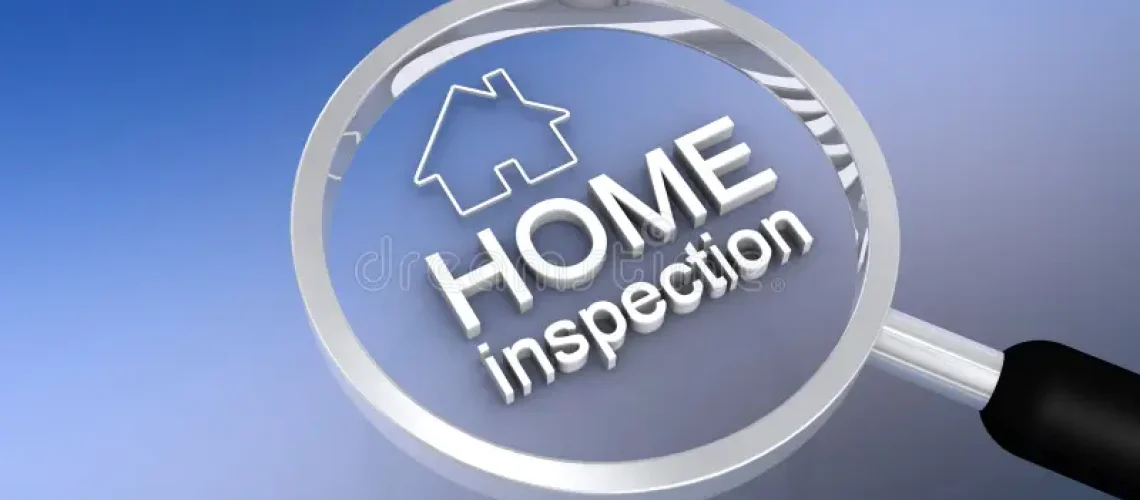Buying a home is a significant investment, and ensuring that the property is in good condition is paramount. This is where the expertise of a home inspector comes into play. Home inspectors are trained to scrutinize every nook and cranny of a property, unveiling potential issues that might not be apparent to the untrained eye. In this article, we’ll explore some of the common issues that home inspectors frequently discover, shedding light on the hidden challenges that could impact a homebuyer’s decision.
1. Roofing Woes
Issue: Leaks, Missing Shingles, and Structural Integrity
The roof is a home’s first line of defense against the elements, and it’s no surprise that roofing issues are often uncovered during inspections. Leaks, whether visible in the attic or evident as water stains on ceilings, can be indicative of damaged or improperly installed roofing materials. Missing or damaged shingles are another common finding that can compromise the roof’s ability to protect the home. Structural issues, such as sagging or uneven sections, may signal a need for immediate attention to prevent further damage.
Why It Matters:
A compromised roof can lead to water damage, mold growth, and compromised structural integrity. Addressing roofing issues promptly is crucial to maintaining the overall health and longevity of the home. To find out more on common roofing issues discovered by home inspectors go here.
2. Electrical Conundrums
Issue: Outdated Wiring, Overloaded Circuits, and Safety Concerns
Electrical problems are not only a common finding but also one of the most critical issues to address. Outdated wiring, such as knob-and-tube or aluminum wiring, poses fire hazards and may not meet current safety standards. Overloaded circuits, often identified through tripped breakers or flickering lights, can lead to electrical failures and pose a risk of fire. Additionally, faulty electrical panels or inadequate grounding may compromise the safety of the home’s electrical system.
Why It Matters:
Electrical issues are not only a safety concern but can also result in costly repairs and the need for a complete rewiring of the property. Ensuring the electrical system is up to code is essential for the well-being of the occupants. To learn about the most common electrical issues discovered by home inspectors go here.
3. Plumbing Predicaments
Issue: Leaks, Inadequate Water Pressure, and Outdated Plumbing Systems
Plumbing problems are a staple in home inspections. Leaks, whether from pipes, fixtures, or appliances, can lead to water damage, mold growth, and structural issues. Inadequate water pressure, often identified during faucet and showerhead testing, may be indicative of underlying plumbing problems. Outdated plumbing systems, such as galvanized pipes prone to corrosion, can result in reduced water quality and flow.
Why It Matters:
Plumbing issues can result in costly water damage repairs and, if left unattended, may compromise the functionality of the entire home. Ensuring a sound plumbing system is crucial for the comfort and safety of the occupants. Uncover more of the most common plumbing issues discovered by home inspectors here.
4. Foundation Frustrations
Issue: Cracks, Settlement, and Structural Instability
A solid foundation is the bedrock of a stable home, and issues with the foundation are a red flag for any prospective buyer. Cracks in the foundation, whether minor or severe, can indicate movement or settlement. Uneven or sagging floors, doors that don’t close properly, and visible cracks in interior walls may be signs of structural instability.
Why It Matters:
Foundation issues can lead to significant structural problems, affecting the entire home. Addressing foundation concerns promptly is essential to prevent further damage and maintain the property’s value. To read about the most common foundation issues home inspectors find go here.
5. HVAC Headaches
Issue: Inefficient Systems, Lack of Maintenance, and Safety Concerns
The Heating, Ventilation, and Air Conditioning (HVAC) system plays a crucial role in maintaining a comfortable and healthy indoor environment. Inspectors often uncover issues such as inefficient heating or cooling systems, lack of proper ventilation, and outdated equipment. Inadequate maintenance, such as dirty filters or malfunctioning components, can lead to reduced efficiency and increased energy costs. Safety concerns, such as a faulty furnace or carbon monoxide leaks, are critical findings that require immediate attention.
Why It Matters:
An HVAC system in disrepair can result in discomfort, higher energy bills, and even health hazards. Regular maintenance and addressing identified issues are essential for the system’s longevity and the occupants’ well-being. The most common HVAC issues discovered by home inspectors can be found here.
6. Mold and Moisture Menace
Issue: Mold Growth, Water Intrusion, and Poor Ventilation
Mold is a common issue found during home inspections, especially in areas prone to high humidity or water intrusion. Inspectors may discover mold growth in basements, attics, or bathrooms. Water stains on walls or ceilings are indicators of potential leaks, and poor ventilation can contribute to excess moisture, creating an environment conducive to mold growth.
Why It Matters:
Mold can have serious health implications and may require professional remediation. Identifying and addressing the source of moisture is crucial to preventing mold growth and maintaining a healthy living environment. You can find some of the most common mold and moisture problems here.
7. Structural Surprises
Issue: Termite Damage, Rot, and Pest Infestations
Structural issues often extend beyond the foundation, and inspectors frequently uncover problems related to pests and wood-destroying organisms. Termite damage, wood rot, and pest infestations can compromise the structural integrity of a home, leading to costly repairs.
Why It Matters:
Structural damage from pests can be extensive and may require not only repairs but also pest control measures. Addressing these issues promptly is crucial to prevent further damage. Some of the usual structural problems that home inspectors find are listed here.
8. Aging Appliances
Issue: Outdated or Malfunctioning Kitchen and Laundry Appliances
Kitchen and laundry appliances, while not part of the structural components, are often included in home inspections. Outdated or malfunctioning appliances, such as stoves, ovens, dishwashers, washers, and dryers, can be a common finding.
Why It Matters:
While not as critical as structural issues, outdated or malfunctioning appliances can add to the overall cost of homeownership. Buyers should be aware of the condition of these items to budget for potential replacements or repairs. The most prolific problems with appliances that home inspectors find are listed here.
Conclusion
A home inspection is a crucial step in the homebuying process, providing buyers with a comprehensive understanding of the property’s condition. The issues uncovered by home inspectors range from common maintenance concerns to critical structural problems. While these discoveries may initially seem daunting, they empower buyers to make informed decisions. Addressing identified issues promptly, negotiating repairs or adjustments to the sale price, and budgeting for future maintenance are key steps in ensuring a smooth transition into homeownership. In the end, a thorough home inspection is not just a safeguard; it’s a valuable tool for making a sound investment in a home that stands the test of time.


